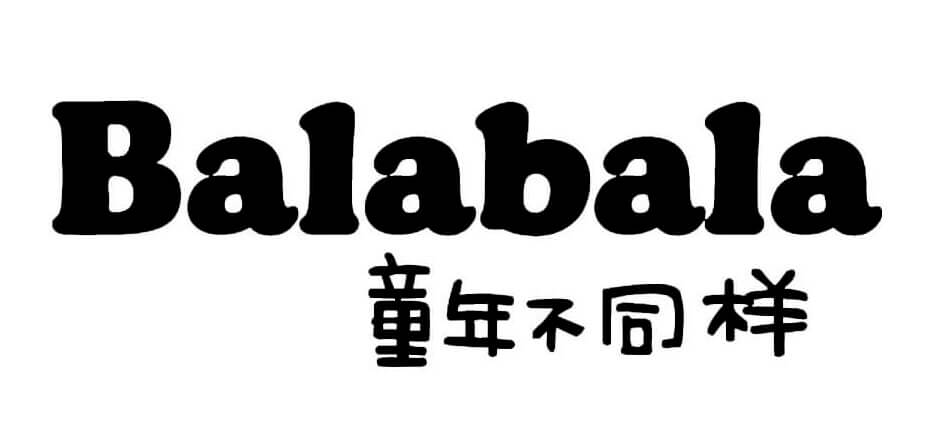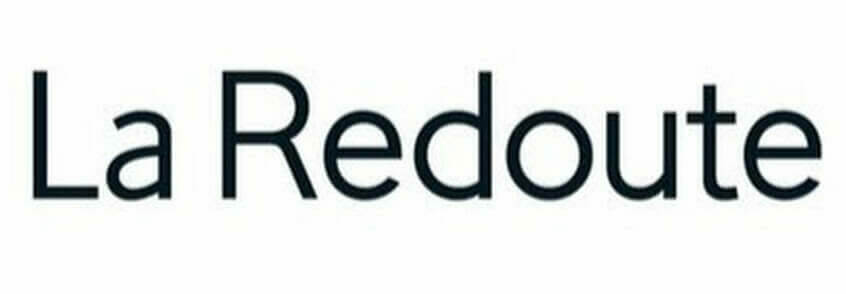What is the role of brands in tomorrow’s society? How to guarantee ethical and sustainable production, how to encourage smart consumption, what convictions should be passed on to future generations in order to raise their awareness of environmental and animal protection?
These are the questions that David Bouvet, founder of Coq en Pâte, has been trying to answer since the creation of his brand for children and parents in 2007. Today, he shares his convictions and best practices with us.
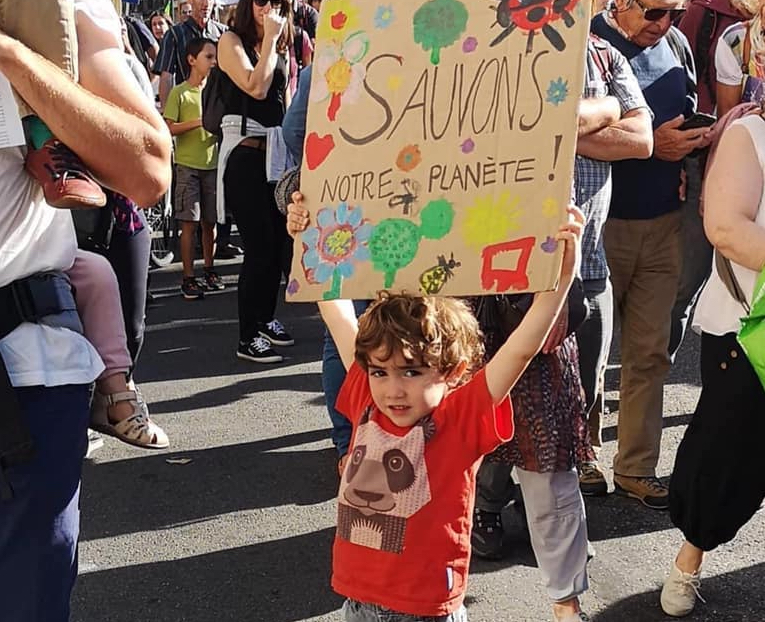
The Brand
Coq en pâte is a committed brand of fashion apparel and accessories for children from 0 to 10 years old and their parents with at the heart of its priorities a sustainable manufacturing. The brand remains universal in its choices and tries to bring people together.
Pioneer of the “sustainable and ethical” brand purpose
Because it was impossible to be part of the destruction of the planet, the brand is committed to offering an alternative to parents who want to consume and preserve their children’s future by offering them a meaningful choice.
“When we became parents, we started from the simple observation that children’s fashion accessories were being phagocytised by “licences” made at low cost, on the other side of the planet and often of poor quality. We wanted to challenge this trend by launching creative accessories, with a meaningful and responsible production process. In 2005, it was still very pioneering. »
Convictions and fundamentals
- Because producing and consuming doesn’t mean destroying, Coq en Pâte – which today sells 200,000 pieces a year – intends to demonstrate and share the conviction that it is possible to create, manufacture and sell with respect for humans and the environment.
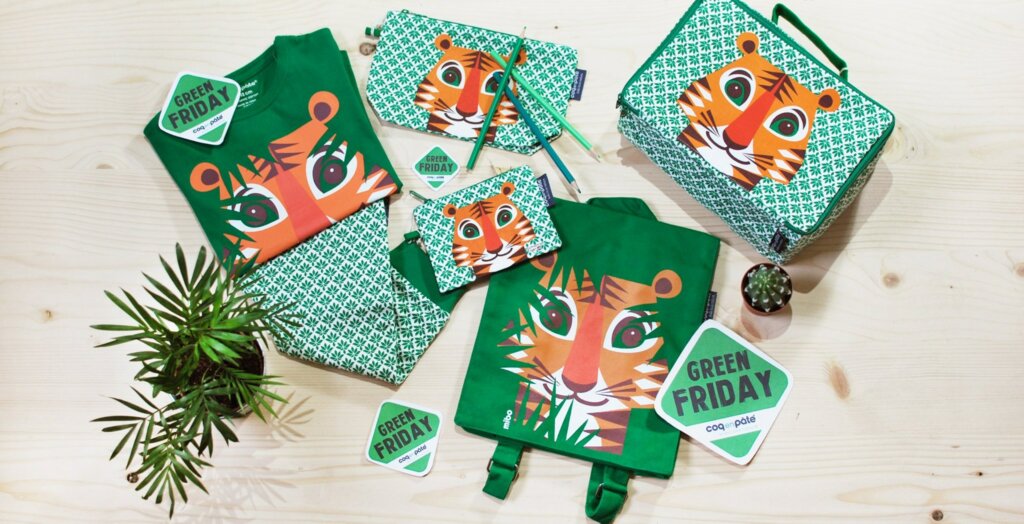
- The textile items are made of organic cotton in India in certified and supervised factories. The stationery and outdoor recreation items are produced in France, in Brittany, from eco-materials or recycled materials.
“It’s all organic, certified and traced back to the fields where the cotton grows. In addition, by the 2nd half of 2020, the brand will obtain the fair trade label on all its products. By committing to fair trade organic products and directly supporting NGOs, I believe that we can claim to be ‘ethical’. David Bouvet
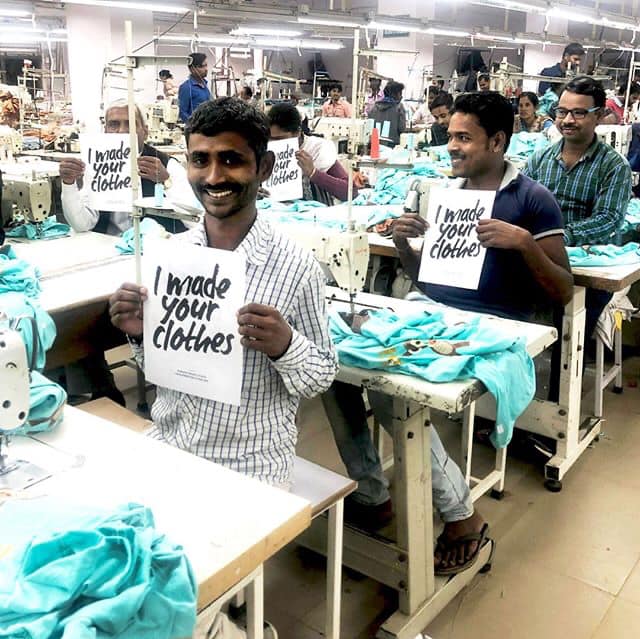
Pioneer of committed collaborations
The themes of the collections are linked to the preservation of the environment and the education of children in the preservation of nature. Each year, 6 to 8% of the revenue is devoted to supporting NGOs, associations and scientists who are aware of the need to take action in the real world, particularly in response to the extinction of the wild world and hundreds of species.
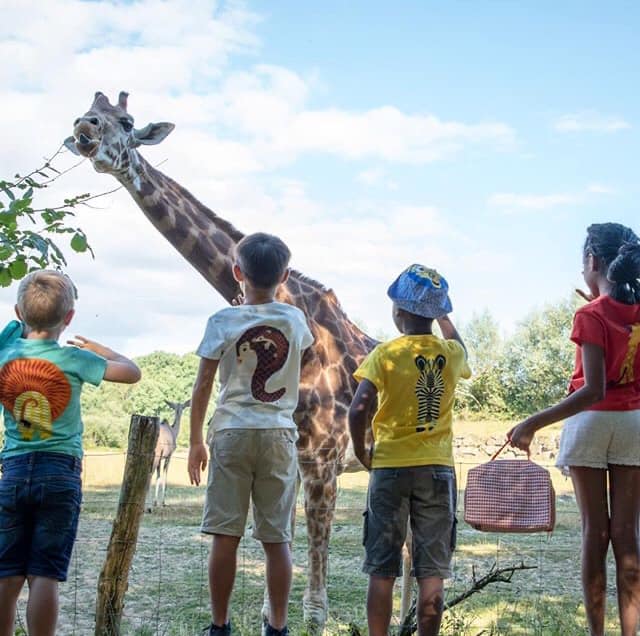
In 2013, Coq en pâte created beach accessories made from brown seaweed grown in Brittany and since its creation has been making many meaningful collaborations, from Petit Bateau to Monoprix or with the Paris Natural History Museum, to exports to international museums, which represent 70% of its annual turnover.
The evolution of the post-crisis business model: raising the standards
- Today, more than ever, values such as sustainable production, creativity and commitment must be shared. In addition to sustainability, which must be integrated throughout the manufacturing and production process, it is essential to reduce waste.
- To return to long-lasting quality, to products that can be passed on from generation to generation.
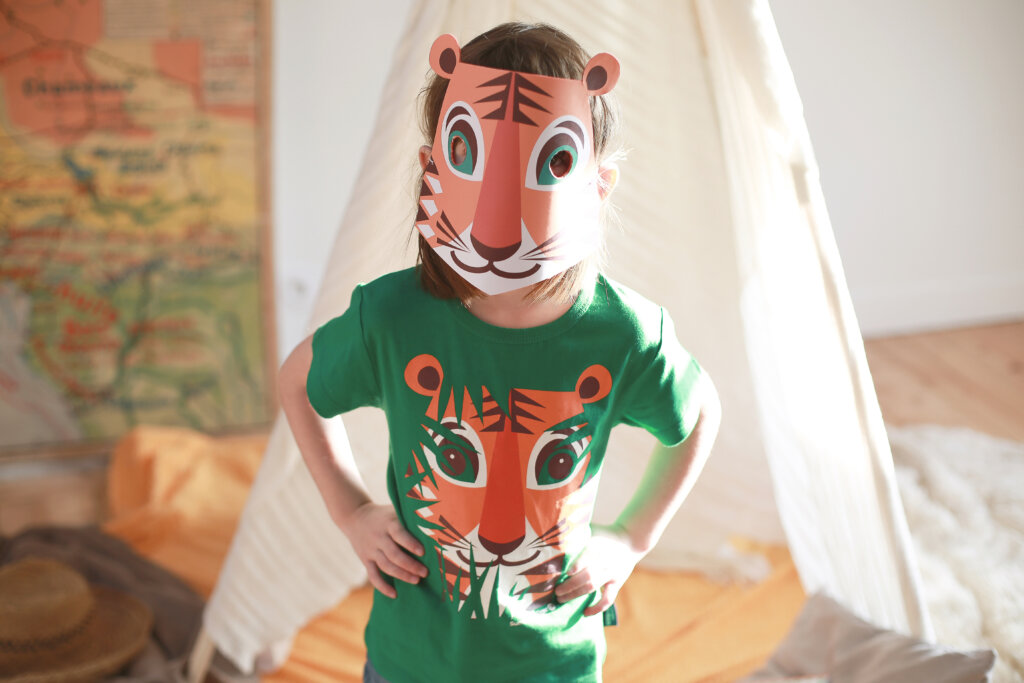
- Go further towards relocating production.
- Recycling and integrating second-hand products into collections, collecting, assembling, repairing, mending.
- Be an example, even if it means reducing growth to encourage responsible and committed consumption on a daily basis.
We will continue to share with you the innovative visions of inspirational Brands and personalities . Our consulting teams are at your side to support you. Let’s keep in contact
images: courtesy of @coqenpate




